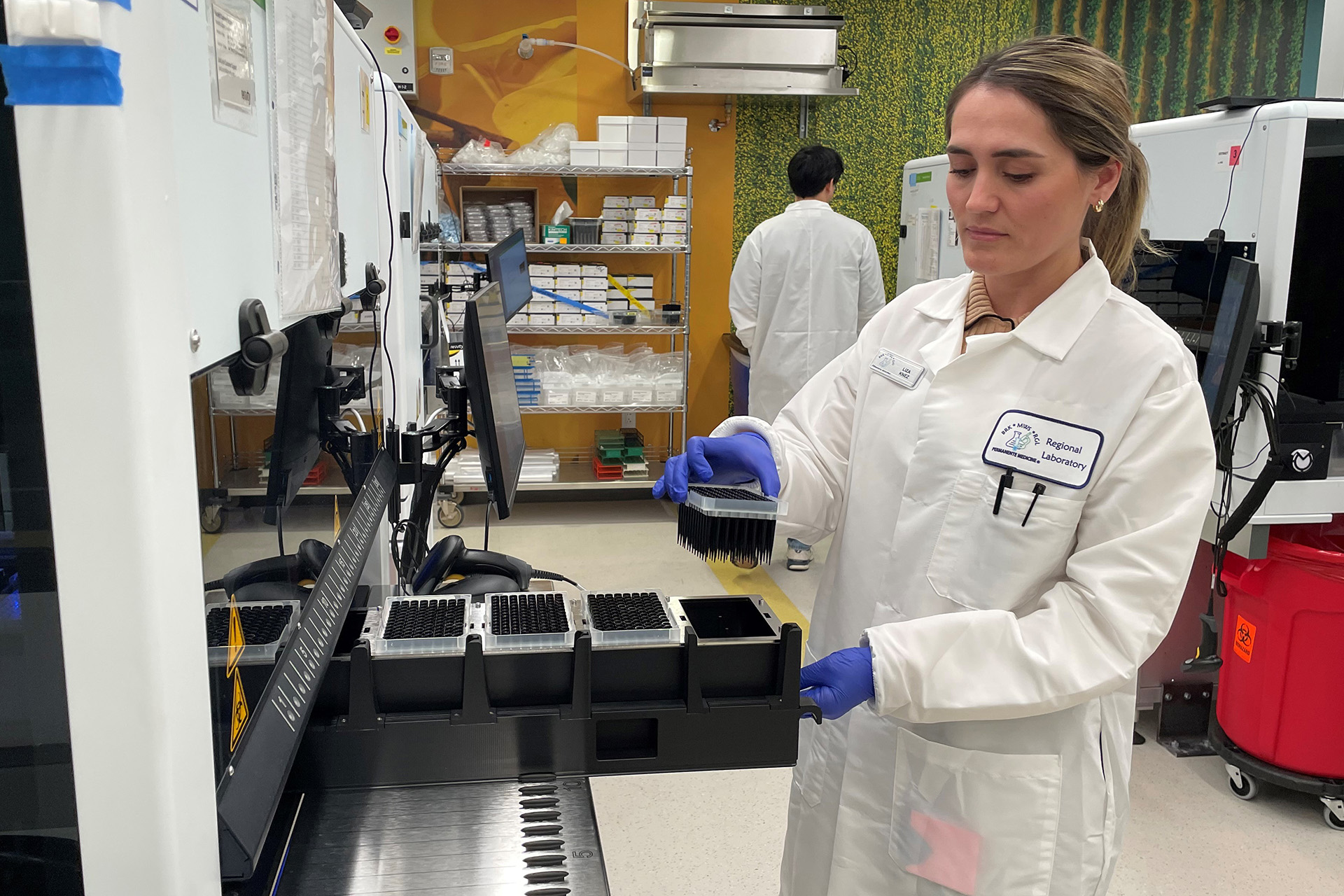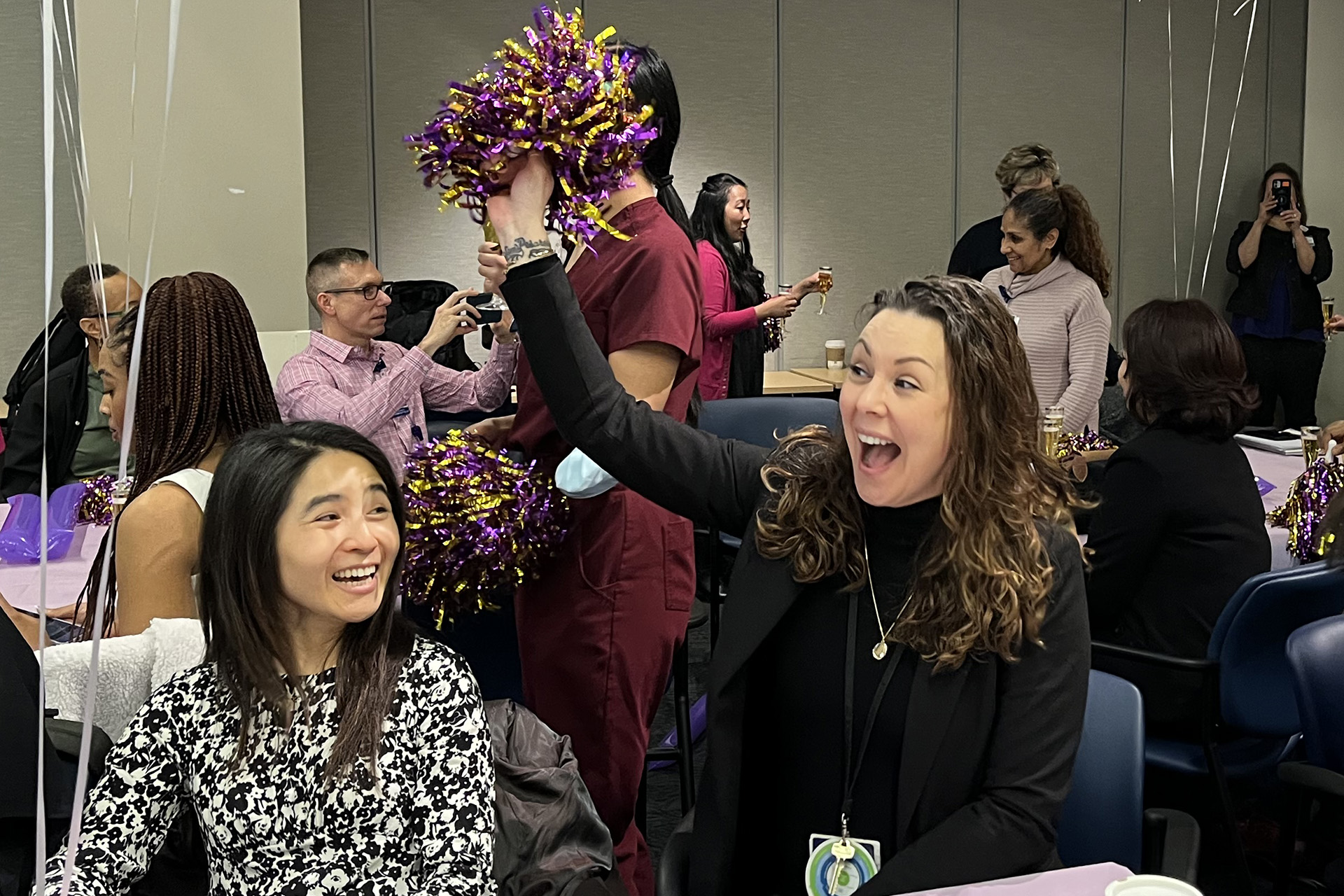Kaiser Permanente South Sacramento’s Emergency Department demonstrates an innovative approach to integrating mental health care.
Making it possible for members to receive mental health care at many different touchpoints, Kaiser Permanente is embedding mental health professionals in a variety of settings — including emergency departments and primary care clinics.
Kaiser Permanente’s unique integrated system enables physicians and care teams to make mental health care an essential part of patients’ total health. It’s part of a commitment to ensuring patient access to mental health care throughout the system.
One such example is the Kaiser Permanente South Sacramento Emergency Department, a designated Level II trauma center, which has developed an innovative response to serve the needs of an increasing number of patients with mental health issues needing care.
An Innovative Approach to a Growing Need
Along with emergency medicine physicians and nurses, since 2015 the South Sacramento Emergency Department is also staffed with a behavioral health manager, therapists, including licensed clinical social workers and marriage and family therapists, and a full-time psychiatrist.
The team is designed to help address the needs of patients presenting with behavioral health issues in the emergency department – a trend hitting EDs across the country.
According to the Agency for Healthcare Research and Quality, the U.S. experienced a 41 percent increase in mental health and substance abuse-related emergency department visits from 2006 to 2014. Suicidal patients or those with self-inflicted injuries increased by 414 percent during the same time, the federal agency reported.
Dramatic Results
To meet those needs, all 127,000 patients who come through Kaiser Permanente’s South Sacramento Emergency Department doors each year receive a mental health screening as part of their medical evaluation from the attending physician.
“If, during that process, a patient is clearly having delusions or hallucinations, or showing signs of an altered mental status, then the physician will consult with the psychiatry team here in the emergency department,” said Emergency Department Behavioral Health Manager Okeema Polite, MA, LMFT.
That evaluation often works in parallel to a system called the Psychiatric Assessment Rapid Triage Evaluation for quickly assessing and responding to a patient’s needs.
It is used when an initial assessment reveals mental health symptoms but no medical indications. A therapist and a physician may then go into the treatment room together and perform their assessments of the patient simultaneously. This allows them to gather and respond to clinical and psychiatric information at the same time.
Rapid Response in the Emergency Department
Polite said South Sacramento’s triage system for mental health streamlines patient care.
“This helps us respond more rapidly than with the usual first-come, first-serve intake process,” she said. “We want to provide relief and get people back to their communities and their natural support systems as soon as possible.”
Patients treated for mental health issues in South Sacramento’s Emergency Department are discharged in fewer than 3 hours on average.
Having behavioral health teams devoted to emergency medicine is not necessarily the norm, although a number of Kaiser Permanente hospitals take this approach, including those in Roseville and Sacramento. According to Polite, it certainly has its benefits.
“Whether it’s a pre-psycho-social intervention with the family or getting collateral information or providing crisis intervention,” Polite said, “we have the tools and the skills to address the immediate needs of many of these patients.”
The staff psychiatrist, Arlene Burton, MD, can immediately restart medication for patients who have stopped taking it or who have run out, Polite said.
And after patients have been assessed, Polite said the appropriate next step can be determined.
“We have an amazing array of outpatient therapy services that we can provide, from intensive treatment to crisis residential services to partial hospitalization.”
Coming soon: how Kaiser Permanente is integrating mental health care into primary care settings.




